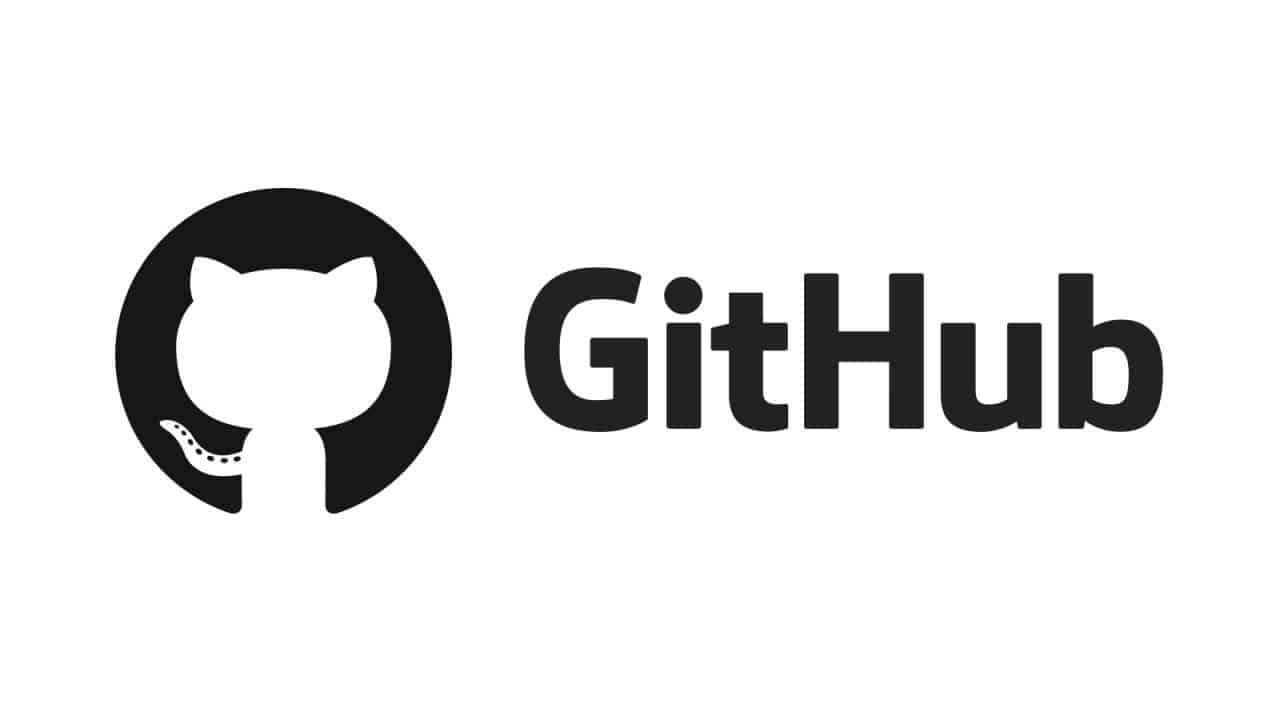Bitbucket and GitHub are both hosting platforms that give developers the ability to access public and private repositories. While their functionalities may be similar, they enable you to carry out essential tasks such as:
- Utilizing Two-Factor Authentication (2FA)
- Create and manage repositories
- Use inline editing and Markdown support
- Make pull requests
- Enhances team collaboration and process efficiency
- Perform code reviews
- Keep issues on track
Though there are many resemblances between them, exploring the distinctions of each platform is essential before selecting which one works better for you. Let’s take a deeper look into what every option brings to the table.
What is BitBucket?

Bitbucket stands out due to its attractive interface and being an Atlassian product. With Bitbucket, you’ll also enjoy access control, pull requests, workflow control and a robust rest API that grants full integration. It is the ideal tool for those wanting complete version control system support! With BitBucket, you can access all your git repositories on one platform; collaborate with other developers during each stage of coding; trace progress since its inception – plus much more!
5 Features Of Bitbucket
- With unlimited private repositories for Mercurial and Git, Bitbucket offers a comprehensive distributed version control system
- Significantly reduce clone times with the help of Git Large File Storage (LFS) support
- Bitbucket is designed to integrate smoothly with Trello and can also easily support third-party APIs
- Whether you are a Mac, Windows, or Android user, Bitbucket is compatible with your operating system
- Incorporation with Jira, Bamboo, Crucible, and JenkinsExternal is also available
What is GitHub?

GitHub, as its namesake implies, was created to solely house projects that use the Git version control system. It offers a Web-based graphical interface and various features for access control and collaboration with other developers. GitHub makes it easier than ever before for programmers to record progress within their project; this encourages team unity when tackling bugs or hosting open source projects.
GitHub is a great tool for new coders who are just getting started, as its user-friendly interface makes it easy to understand and use. By contrast, using Git without GitHub can be difficult since it requires technical knowledge and manual commands, but thankfully there are UI’s available that simplify the process.
5 Features of GitHub
- Emphasize code comments and foster team-based coding review with ease
- It offers features such as pull requests and commit that promote team cohesion
- You’ll be able to see the difference between branches side-by-side
- Git version control is the only compatible system
- Several top-of-the line services such as Zendesk, Azure, Cloudbees, Google Cloud, Amazon, Code Climate and Heroku are already equipped with direct integrations
Also Read – SAS vs SATA: Comparison, Pros & Cons
BitBucket vs GitHub: A Detailed Comparison
Let’s explore a few key distinguishing features of BitBucket and GitHub to get a better idea of which platform might be best for your needs.
| Parameter | Bitbucket | GitHub |
| Pricing | When compared to Github, this software is ten times more affordable yet provides identical capabilities | When compared to Bitbucket, using Github can be a more costly endeavor |
| Developer | Jesper Noehr is the genius mind behind Bitbucket | Chris Wanstrath, Tom Preston-Werner, P. J. Hyett and Scott Chacon have all played an integral role in the evolution of GitHub |
| User Interface | Bitbucket features a neat and well-structured interface that allows users to easily navigate the site | Although GitHub’s interface may appear to be straightforward, it ultimately lacks the concise and intuitive design of Bitbucket. As a result of its disorganized layout, navigating through pages on GitHub can become overwhelming |
| Private Repository | Bitbucket graciously allows you to create a free repository, with the caveat of only five collaborators allowed. If your project requires more than this amount, it is necessary to pay for membership in order to have access beyond the original 5-member limit | Github offers a complimentary repository for up to three collaborators; if your team exceeds this limit, then you must purchase additional services |
| Public Repository | Users can access an innumerable amount of repositories without cost. A seemingly infinite number of users are able to view your public repositories as well | Users are granted unrestricted access to free repositories |
| Flexibility | Bitbucket gives you the ultimate freedom since it has the capacity to import repositories from various sources such as Git, CodePlex, Google Code, SourceForge and SVN | GitHub can seamlessly bring in repositories from Git, SVN, HG and TFS |
| Supported VCS | Mercurial and Git VCS (Version Control System) are both supported, ensuring full flexibility in your development process | Git VCS (Version Control System) is the only version control system compatible with this platform |
| Project Analysis | Bitbucket provides an easy way to better understand data through the use of clearly-illustrated charts | Unfortunately, GitHub has yet to provide this feature; however, users can still examine the commit history of each file |
| Support and Community | Bitbucket is renowned for its usage by business and enterprise teams, primarily for private repositories. It’s a go-to choice amongst professionals who need the security of hosting data on their own terms | In comparison, GitHub is the premier provider of public code and enjoys a thriving open-source community |
Also Read – Stata vs. R – What’s Better for Data Science Professionals?
Final Thoughts
Whether you’re a developer looking for a place to store your projects, or an organization needing something more enterprise-level, Bitbucket and GitHub have got you covered. Both of these popular hosting services offer public and private repository options tailored to fit any project size. In general terms, both platforms boast a wide array of features that make them suitable choices for many types of development teams. Whether it’s individual projects or complex enterprises, Bitbucket and GitHub are here to serve all your source code needs!




